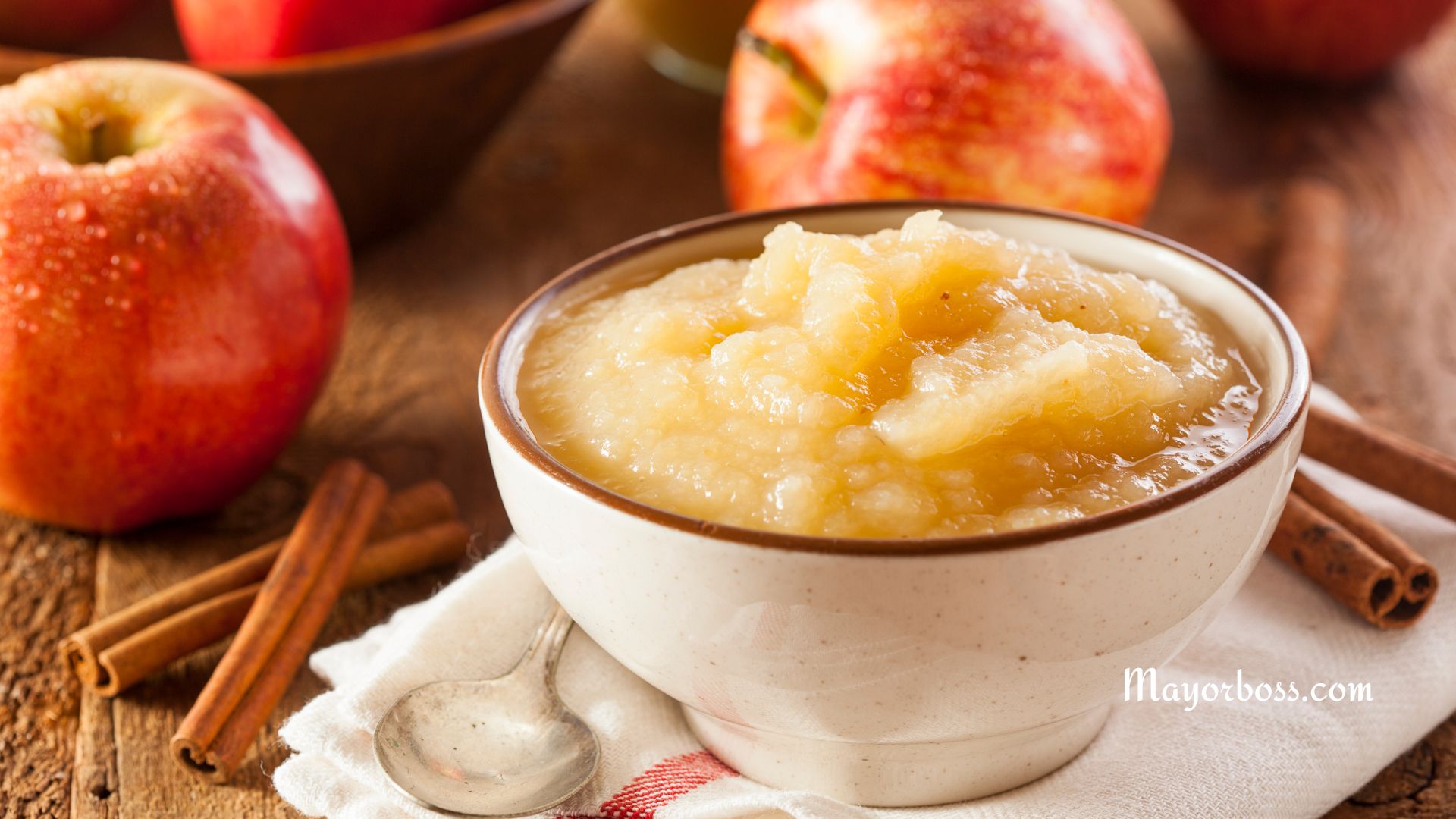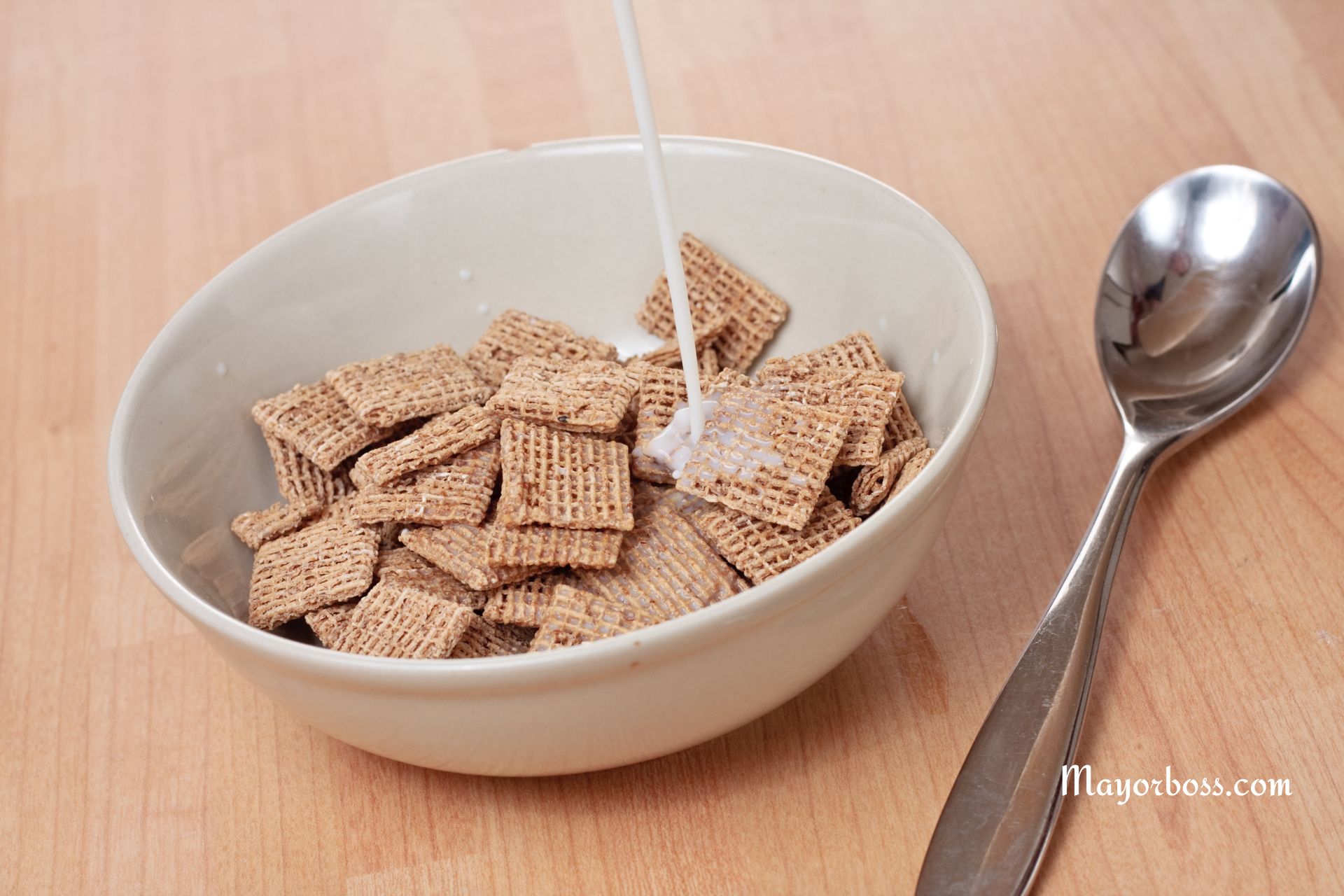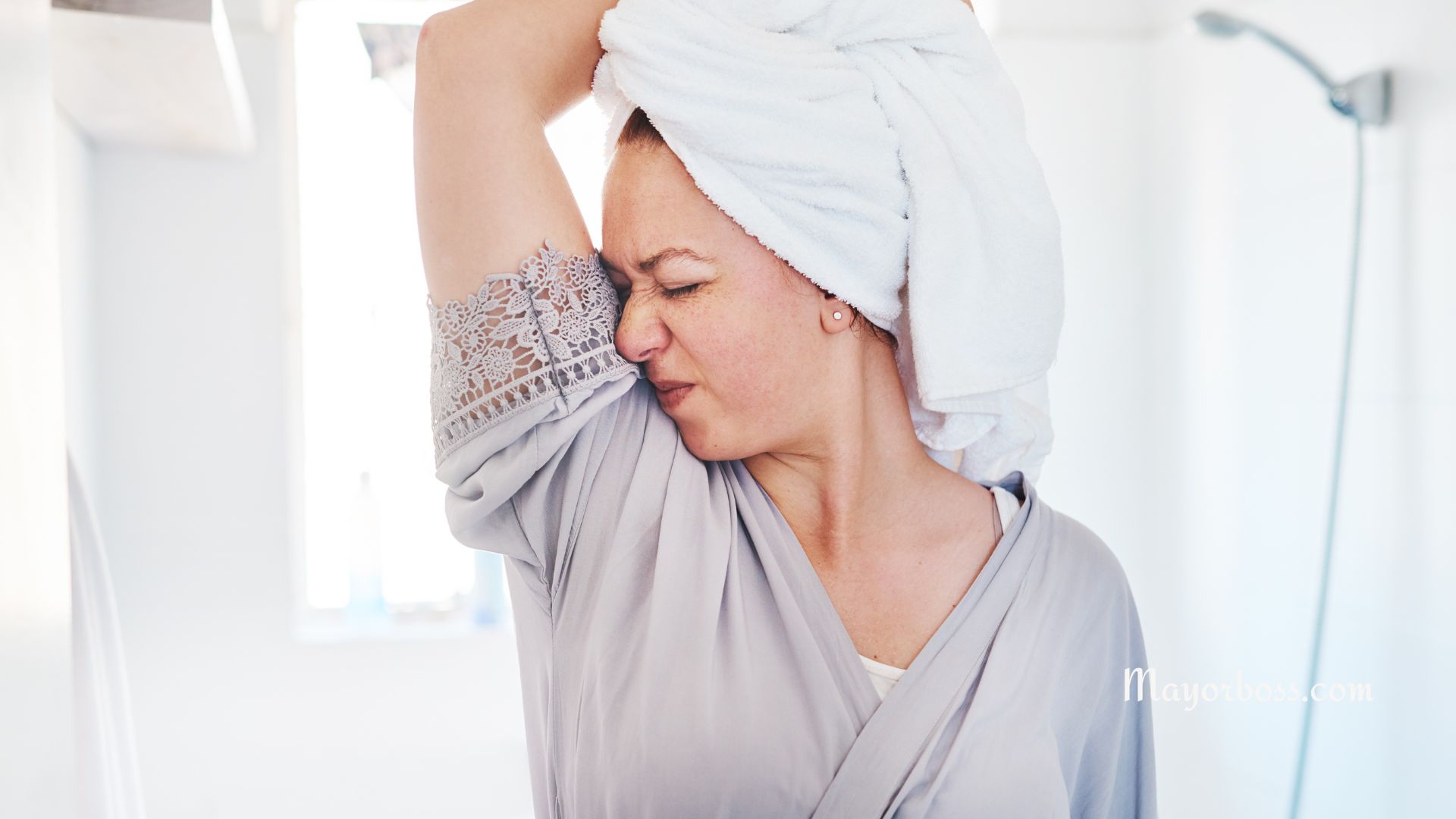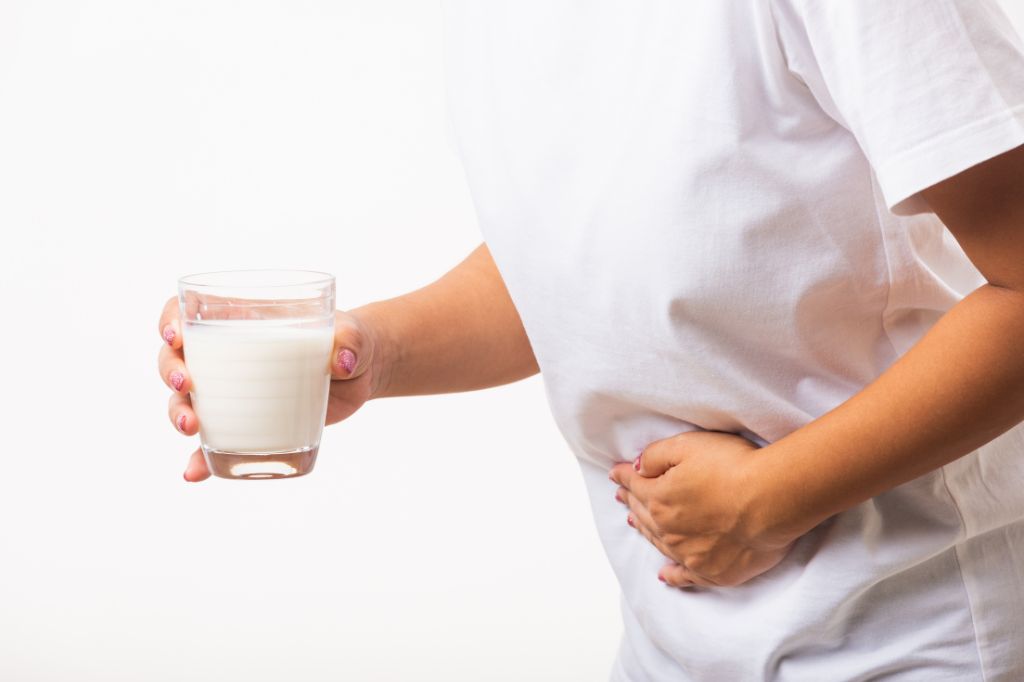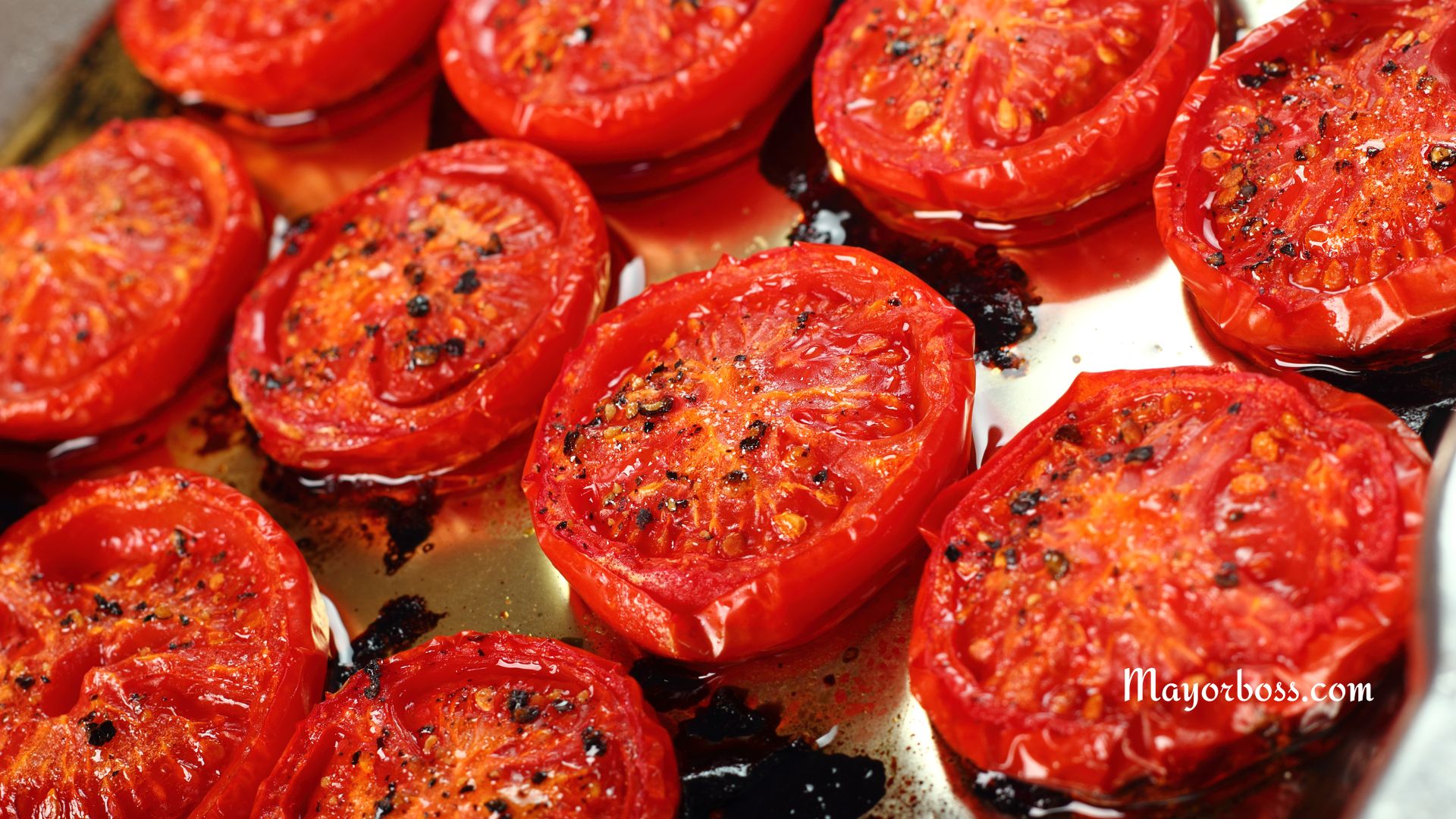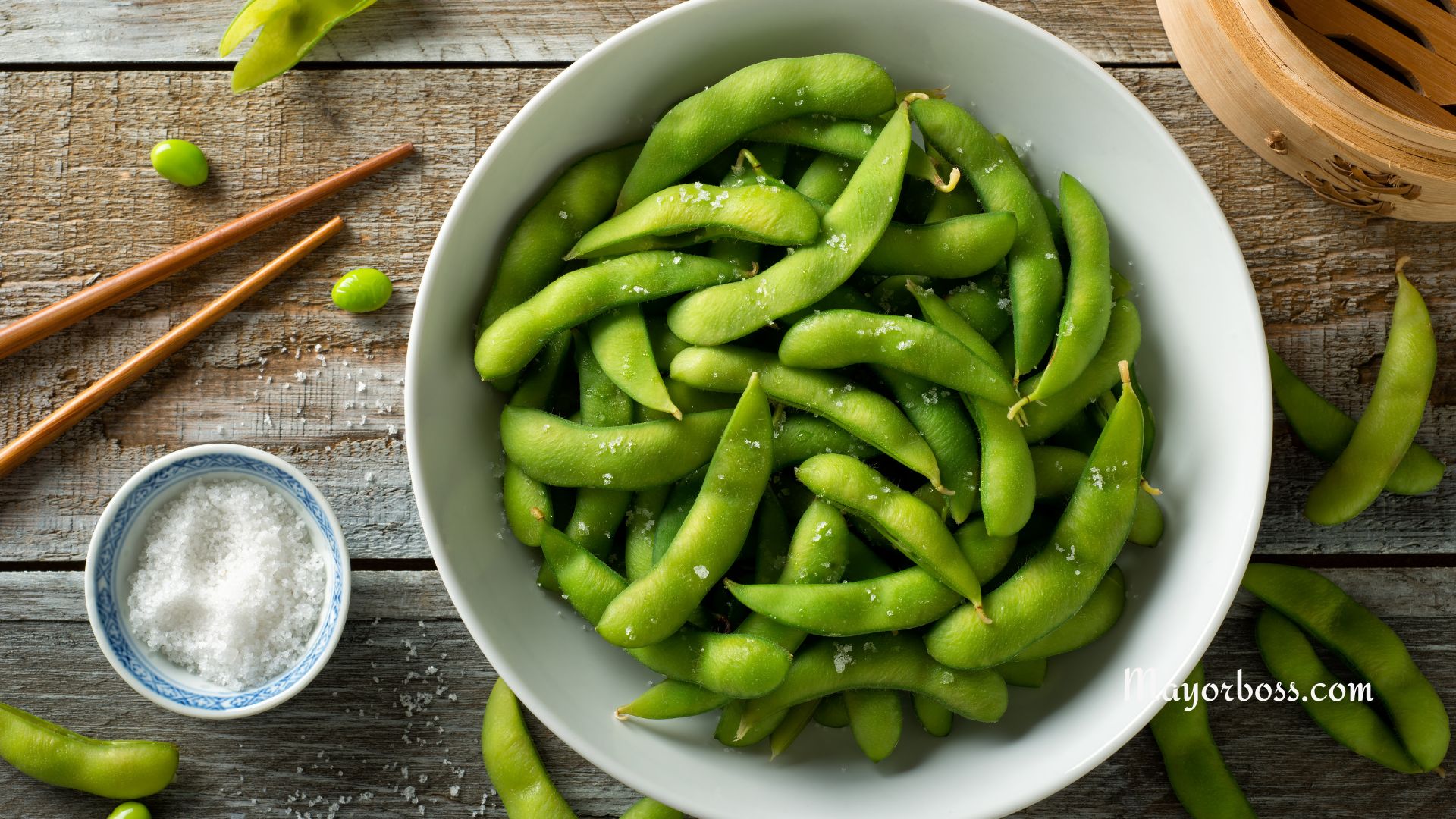Avoid These Foods and Drinks Late at Night for Better Sleep
If you’ve ever found yourself tossing and turning at night, it might be linked to what you’re eating and drinking before bed. Surprisingly, what you consume late in the evening can have a big impact on the quality of your sleep. While it may be tempting to grab a snack or drink before hitting the sheets, certain foods and beverages can interfere with your sleep cycle, making it hard to get that restful slumber. Dr. Iroko Anita, a certified medical doctor, recommends foods and drinks you should avoid late at night for better sleep.

High-Caffeine Drinks Can Disrupt Your Sleep Cycle
Caffeine is known for its stimulating effects. It blocks adenosine, a chemical in your brain that makes you feel sleepy. This is why caffeine-containing drinks such as coffee, energy drinks, and some sodas can keep you awake if consumed too close to bedtime. Dr. Anita suggests avoiding caffeine at least 6 hours before bed to minimize its sleep-disrupting effects. Even certain teas, like green and black teas, contain caffeine. While these teas have various health benefits, drinking them late at night might leave you feeling jittery.
Spicy Foods Can Cause Digestive Discomfort
If you’re a fan of spicy foods, it’s best to save them for lunch or dinner, not for a late-night snack. Spicy foods can irritate the stomach lining and increase acid production, which can lead to heartburn and indigestion, Dr. Anita explains. These uncomfortable digestive issues can make it difficult to fall asleep. Research shows that eating spicy meals close to bedtime can even lead to bizarre dreams due to increased body temperature and metabolism.
Sugary Snacks Can Lead to Poor Sleep Quality
Sugary foods like candy, cookies, and cakes may give you a quick burst of energy, but they can also crash your blood sugar levels later. The spike in energy caused by sugar can trigger the release of stress hormones like cortisol, which makes it harder to wind down. One study found that people who consumed more sugar experienced lighter, less restorative sleep and woke up more often throughout the night. That means avoiding sugary treats in the evening can potentially improve your sleep quality.
Heavy, High-Fat Foods Take Longer to Digest
Foods that are high in fat, such as burgers, pizza, fried foods, and creamy desserts, are notorious for being heavy on the stomach. The body requires more energy to digest high-fat foods, which can lead to discomfort and interrupted sleep. Additionally, high-fat meals have been linked to disrupted sleep patterns and decreased time spent in the important stages of deep sleep. For better sleep, stick to lighter, easily digestible foods in the evening.
Alcohol Can Interfere With REM Sleep
You might think that a nightcap will help you sleep better, but alcohol can actually mess with your sleep cycle. Although alcohol can make you feel drowsy and help you fall asleep faster, it disrupts REM (Rapid Eye Movement) sleep, which is the most restorative part of the sleep cycle. Alcohol consumption before bed can cause fragmented sleep, thereby leading to more frequent awakenings and less overall sleep quality, says Dr. Anita. For this reason, it’s a good idea to limit or avoid alcohol at least a few hours before bedtime.
Avoid Carbonated Drinks That Can Cause Bloating
Sodas, sparkling water, and other carbonated drinks can lead to gas and bloating, which may cause discomfort when you’re trying to sleep. Additionally, many carbonated drinks contain caffeine and sugar, both of which are known sleep disruptors. Even if they don’t contain caffeine, the bubbles in these drinks can create a bloating sensation that makes it difficult to fall asleep comfortably.
High-Protein Foods May Make It Harder to Fall Asleep
While protein is essential for your body, eating a large amount of it before bed might not be the best idea. High-protein foods like steak, chicken, and beans take longer to digest, which can keep your body busy while you’re trying to fall asleep. Some studies indicate that protein consumption right before bed can increase alertness and delay sleep onset. A lighter, balanced snack containing a small amount of protein and carbohydrates—like a banana with a small spoonful of peanut butter—might be a better option if you’re hungry late at night,” Dr. Anita advises.
Acidic Foods Can Trigger Heartburn
Foods high in acid, such as citrus fruits, tomatoes, and vinegar-based dressings, can irritate the stomach lining and increase the risk of heartburn. Lying down after consuming acidic foods can cause stomach acid to rise into the esophagus, leading to discomfort and disrupted sleep. To reduce the likelihood of heartburn and other digestive issues, try to avoid acidic foods at least a few hours before bed.
Salty Foods Can Make You Thirsty and Cause Dehydration
Eating salty foods like chips, popcorn, and processed snacks before bed can increase your thirst and make you drink more water late at night. This can result in more trips to the bathroom, disrupting your sleep. Additionally, consuming too much salt can lead to fluid retention and make you feel bloated, which isn’t exactly a recipe for a comfortable night’s rest.
The Takeaway
What you eat and drink before bedtime can greatly affect how well you sleep. Caffeinated beverages, alcohol, sugary snacks, spicy and high-fat foods, carbonated drinks, and other potentially sleep-disrupting foods should be limited or avoided before hitting the pillow. Instead, if you feel hungry before bed, opt for light snacks like yogurt, a handful of nuts, or a small piece of fruit. These choices are easier on the digestive system and won’t interfere with your sleep cycle as much.
If you still find yourself struggling with sleep, it might be worthwhile to talk with your doctor or consult a nutritionist. Identifying dietary habits that could be affecting your rest is a step toward improving both your sleep and overall well-being.

